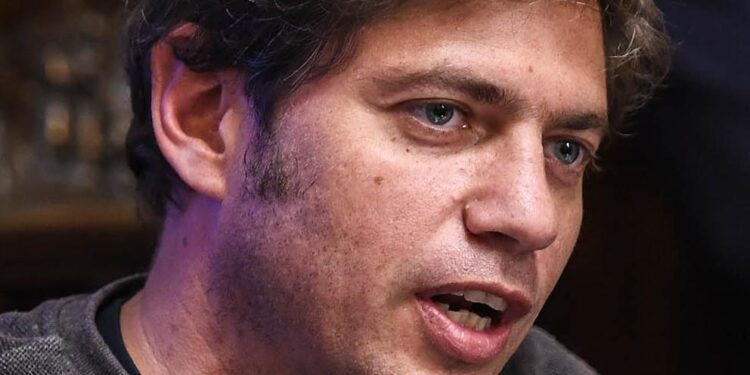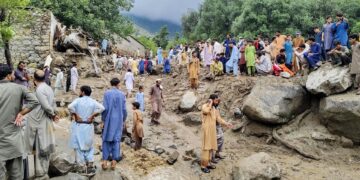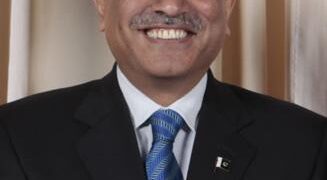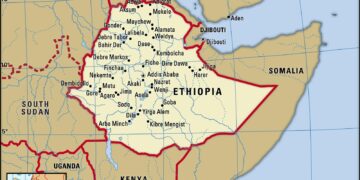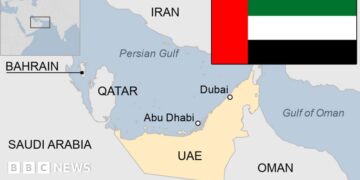Argentina’s IMF Dispute: Governor Kicillof Challenges Fund’s Impartiality Amid Economic Struggles
Governor Kicillof Accuses IMF Leadership of Bias, Calls for Investigation
In a bold move that has intensified the ongoing friction between Argentina and international financial bodies, Governor Axel Kicillof has publicly accused Kristalina Georgieva, Managing Director of the International Monetary Fund (IMF), of violating the core principle of neutrality expected from the institution. Kicillof alleges that the IMF’s conduct in its dealings with Argentina reflects favoritism rather than an unbiased commitment to economic stability. These claims emerge amid heated debates over Argentina’s debt restructuring and fiscal policies, raising questions about whether global financial institutions are truly serving all member nations equitably.
The demand for a thorough inquiry into Georgieva’s actions has gained traction among political leaders, economists, and civil society advocates who emphasize that transparency and fairness are essential to maintaining trust in international finance. Key concerns highlighted include:
- Transparency: The necessity for open disclosure regarding how decisions affecting member countries are made within the IMF.
- Fairness: Ensuring policies do not disproportionately favor certain nations or interests at the expense of others.
- Accountability: Holding leadership responsible when impartiality is compromised to protect institutional credibility.
The Ripple Effects on Argentina’s Financial Ties with Global Institutions
Kicillof’s allegations have cast uncertainty over Argentina’s fragile relationship with the IMF during a critical period marked by economic recovery efforts. Analysts warn that accusations questioning impartiality could erode mutual trust necessary for successful negotiations on debt relief and future funding arrangements. This tension risks complicating communication channels between Buenos Aires and Washington D.C., potentially delaying vital financial support needed to stabilize Argentina’s economy.
This controversy also prompts several strategic considerations for Argentina as it navigates its economic future:
- Diplomatic Negotiations: Distrust may hinder progress in renegotiating loan terms or securing new agreements beneficial to national interests.
- Investor Confidence: Perceptions of instability or strained relations with key lenders might deter foreign direct investment crucial for growth.
- Evolving Economic Policies: Policymakers may pivot towards greater self-sufficiency while balancing obligations imposed by international creditors.
| POSSIBLE SCENARIOS | SHORT-TERM EFFECTS | LONG-TERM CONSEQUENCES |
|---|
| >Potential Consequences< | >Immediate Effects< | >Long-Term Outcomes< |
|---|---|---|
| >Funding interruptions< | >Delays in disbursement of aid packages< | >Escalation in national debt levels< |
| >Policy shifts towards protectionism< | >Political unrest due to unpopular reforms< | >Reduced integration into global markets< |

